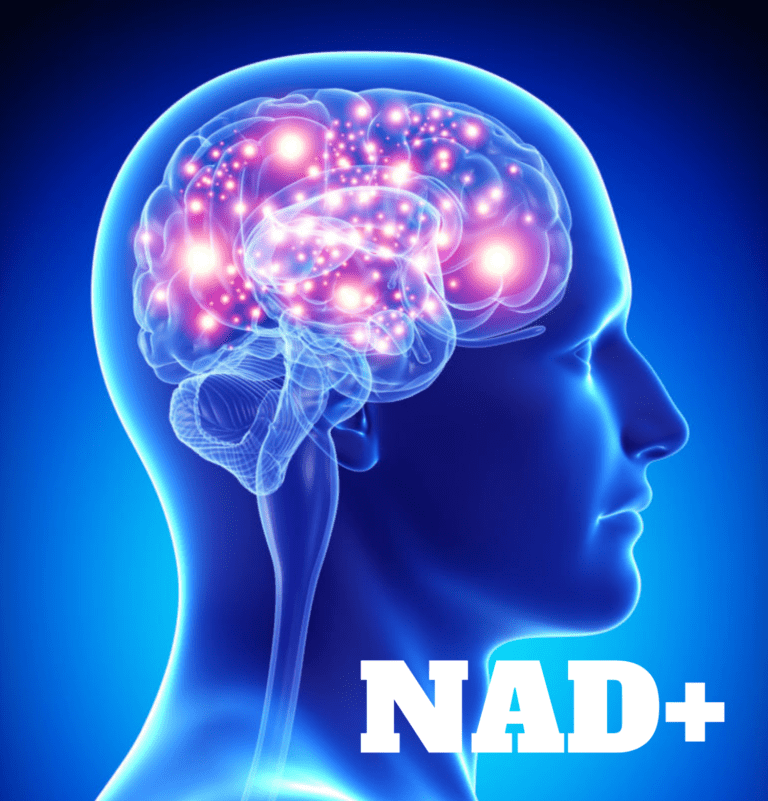Parenthood is one of the greatest responsibilities a person can experience, requiring years of time, effort, and commitment, so for many, the commitment to a child or multiple children becomes a cornerstone in their life. This makes it difficult for many parents to let their child or children go upon reaching adulthood, often resulting in empty nest syndrome. Sadly, this phenomenon can cause more than just feelings of sadness; it can also be a contributing factor in the development of addiction.
Addiction
The first part of understanding the connections between empty nest syndrome and addiction requires an understanding of addiction.
What is Addiction?
Sadly, many Americans have a flawed understanding of what addiction is and how it develops. According to the American Psychological Association, addiction is a chronic disorder that occurs when a person develops an impaired ability to stop or control the consumption of a substance, like a drug or alcohol, or behavior that is repeatable and provides immediate pleasure. The severity of addiction can vary but is usually determined by the level of physical and mental dependence a person has on a substance or activity.
Factors in the Development of an Addiction
Several factors can contribute to the development of an addiction. These include a person’s genetics, exposure to addictive substances and behaviors, their environment, and psychological factors like stress, mental disorders, and other mental health issues. While these factors can make a person more likely to develop an addiction, anyone can develop an addiction regardless.
Consequences of Addiction
Developing an addiction can lead to several consequences. In many cases, an addiction will have a negative impact on a person’s finances, occupation, social life, hobbies, and even education. However, some of the most notable consequences of an addiction occur within a person’s brain and body. Addictions to drugs or alcohol can lead to several serious side effects on a person’s health and even rewire their brain to engage in addictive behavior.
What is Empty Nest Syndrome?
Unlike addiction, empty nest syndrome is not a clinical diagnosis or a disorder. Empty nest syndrome is a phenomenon that occurs when parents experience feelings of sadness or loss after their last or only child leaves the home. Although many parents encourage their children to eventually move out and pursue a life of their own, the actual experience of having a child leave can be impactful and often painful. Parents who experience empty nest syndrome typically cite feeling sad about a loss of companionship, having no one to care for, and/or feeling as though they are no longer a part of their child or children’s daily lives.
Empty Nest Syndrome and Addiction
The feelings of sadness and loss that occur when a parent is living with empty nest syndrome can unfortunately lead them toward developing an addiction. This happens when a parent attempts to self-medicate with something like prescription drugs, illegal drugs, alcohol, gambling, or even sex. By coping with a substance or behavior, the parent becomes more likely to continue to cope with it as the feelings resurface and eventually develop an addiction.
How to Avoid Empty Nest Syndrome and Addiction
In order to avoid developing an addiction as a result of empty nest syndrome, parents should seek effective methods of coping with empty nest syndrome. Some of the best methods for coping with empty nest syndrome include:
Being Proactive
Before the last child or only child leaves the home, it is important for parents to take the time to acknowledge the situation and allow themselves to process all of the emotions associated with it. By taking the time to recognize what will be happening, parents can better prepare themselves for the feelings of sadness and loss that can come once the child has left.
Finding New Hobbies
Once the last or only child has left the home, it can be a great opportunity for parents to explore new hobbies. These hobbies can serve as a way of coping with their emotions and help occupy some of their time. In some cases, new hobbies can even lead to new friendships that parents can pursue.
Adopting a Pet
No one can ever replace your child. But, a new companion may be able to help fill the void left by a child leaving the home. Parents experiencing empty nest syndrome should consider adopting a pet. The pet can not only take up some of their time but also serve as an outlet for nurturing and support.
Recognizing Unhealthy Patterns and Behaviors
The severity of empty nest syndrome can vary from parent to parent. But, no matter how severe it is, it is important for parents to be able to recognize unhealthy patterns and behaviors that can lead to an addiction. In doing so, they can help prevent the development of addiction and also lead a healthier life. Parents can do this by considering how they cope with their feelings. If they discover that they consistently turn to certain substances or behaviors, then they must commit to making a change.
Seeking Support
Empty nest syndrome can be difficult for any parent to deal with. The feelings of sadness and loss can be consuming. One of the best ways to cope with them and work through them is by seeking support. This can be achieved in a number of ways. Parents can seek support from other parents who have experienced empty nest syndrome. These parents can offer advice or listen and provide empathy. Parents can also seek support from a mental health professional if they feel inclined. Counselors and therapists can also listen and help support parents living with empty nest syndrome.
Searching for Local Mental Health Support or Addiction Treatment?
If you or a loved one is living with empty nest syndrome and has developed an addiction as a result, help is available near you! At Knoxville Recovery Center, our team of mental health experts and addiction specialists can provide several types of treatment and therapy to assist with both issues. In treating both empty nest syndrome and addiction, a person can make meaningful changes and achieve a happier, healthier life. Contact us today to learn more!










